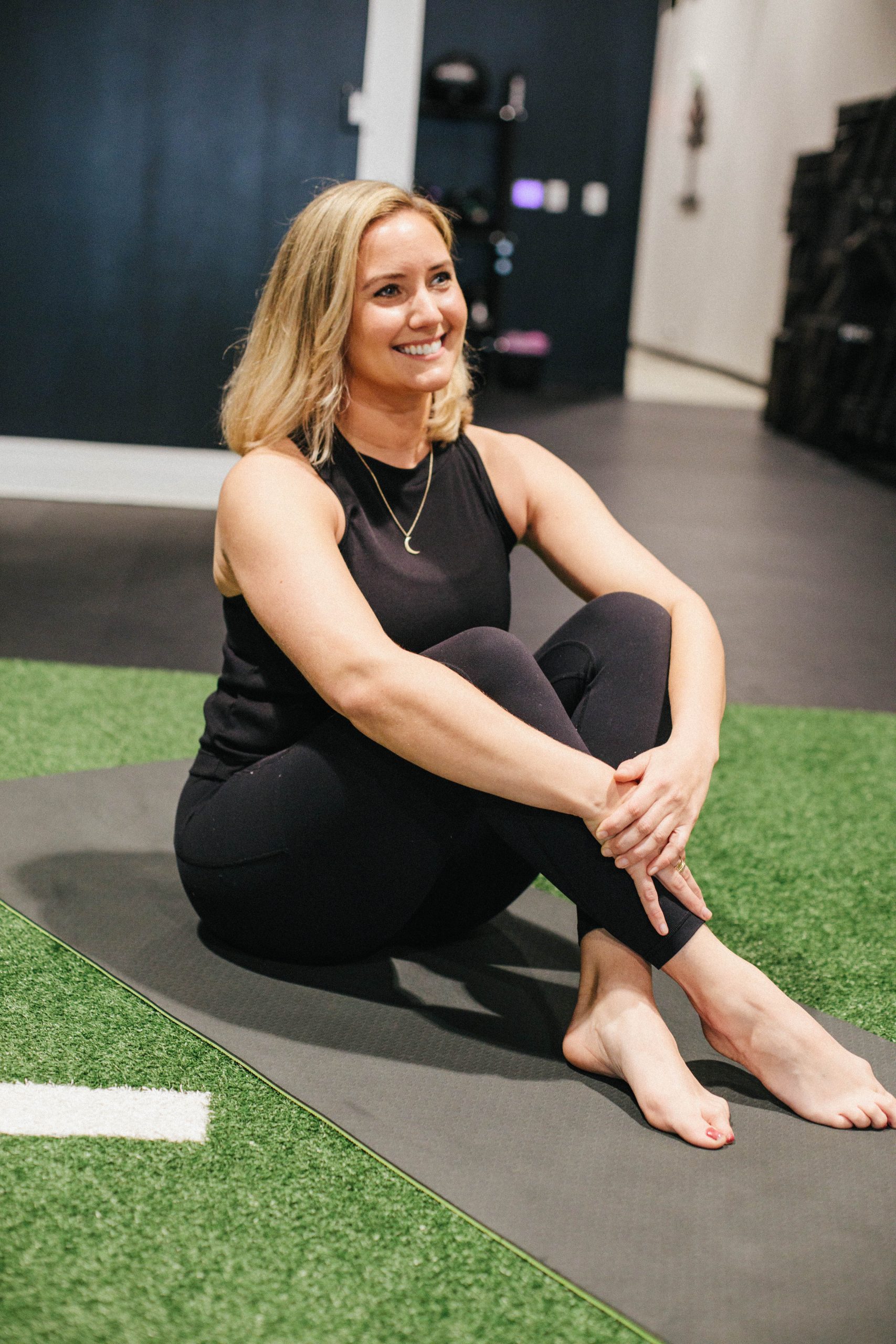
Lifting More Than Weights: The Mental Strength Built in the Gym
Walk into the gym on any given day, and you’ll hear the clang of weights, the buzz of encouragement, and the steady rhythm of breath pushing through hard work. But what you won’t necessarily see, at least at first glance, is the transformation happening inside.
Yes, muscles are built in the gym, but so is mental resilience. We believe that movement benefits both your body and mind (and science does too!)
Lifting weights does more than increase muscle mass, it also rewires your brain. Every time you push through a hard set, show up on a low-energy day, or conquer a personal record, you’re reinforcing something far deeper than physical ability.
You might be familiar with a “runner’s high,” but that feel-good post-workout vibe isn’t exclusive to running.
Exercise triggers a cascade of positive changes in your brain:
- Dopamine (linked to motivation and pleasure) increases, giving you that “reward” sensation after a good workout.
- Serotonin (which regulates mood and sleep) is also elevated, helping combat anxiety and depression.
- Brain-derived neurotrophic factor (BDNF) is released during strength training and cardio, promoting the growth of new brain cells and enhancing cognitive function.
These aren’t just feel-good perks—they’re biological responses that help you manage stress, improve focus, and stay emotionally balanced.
Mental strength isn’t something you either have or don’t. It’s forged in small moments of discipline. So the good news – it can be trained!
Every workout is an opportunity to build emotional endurance and mental grit. The kind that helps you hold it together when life gets heavy.
Movement teaches us that effort matters more than perfection. That failure is just feedback. And that every rep, no matter how small, is progress.
Sure, we love seeing you hit new personal records. But the PRs we love to celebrate the most?
- Choosing to show up when you’d rather stay home.
- Adding five more pounds when your muscles (and your mind) say no.
- Learning to breathe through discomfort, not run from it.
That’s the real strength we’re after.




